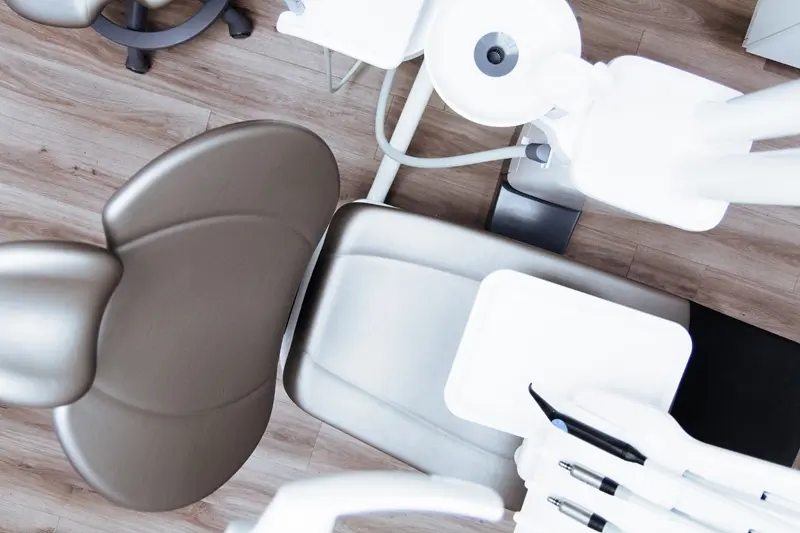"Going under" for an oral procedure? It's necessary more often than you may think. While dental procedures tend to be less invasive than other forms of surgery, in some cases sedation may be necessary for your dentist to get the job done. In other situations, conscious sedation can help calm a nervous patient.
What is dental sedation?
Dental sedation is when a dentist gives their patient a sedative, administered as either a gas, pill or IV drip, so that a procedure can proceed safely. Notably, a person does not have to be unconscious or asleep to be considered sedated, according to Colgate. In fact, most dental procedures require only conscious sedation, which means that a patient is in a relaxed state but will remember the entire visit. In some cases, however, a patient who is conscious but sedated may not remember much of a procedure and think they were asleep. Both conscious sedation and full sedation are also extremely effective for calming nerves and helping people with anxieties and phobias surrounding dental visits get the treatment they need.

Kinds of dental sedation
The term "sedative" describes a variety of different drugs, dosages and intended effects. As in any medical practice, dentist offices can administer sedatives in a variety of different ways, typically depending on the type of medication and dosage.
Common sedative methods employed by dentist offices include:
- Laughing gas: Laughing gas is a nickname for nitrous oxide because it can make some patients feel light and a little giggly. This form of sedative is usually administered through a nosepiece.
- General anaesthesia: Perhaps the most intensive sedative used in dentistry, general anaesthesia is a mix of medications that will put a person to sleep and, if working the way it's intended, keep them that way for the duration of a procedure. General anaesthesia is reserved for patients with the most severe forms of dentophobia, who need to be unconscious for a dentist to do any work on them. Typically, a patient must fast for at least six hours — which includes avoiding even water as much as possible — before beginning treatment.
- IV sedation: While general anaesthesia is most often administered as an inhalant, many other sedatives are taken through an IV drip. This technique is generally employed for conscious sedation.
- Pills: Sedatives can also be administered to a patient orally, with the patient taking prescribed pills in the hours leading up to their dental appointment.
While most of these forms of sedation can be administered by your dentists, others require a specialist on staff. In general, if you only require conscious sedation to stay relaxed, a dentist or dental assistant can handle it. However, an anaesthesiologist will need to be present for general anaesthesia.
Handling dental anxiety and fear
While the use of a sedative to calm nerves is relatively rare, mild to severe forms of dental anxiety are relatively common in New Zealand, and around the world. In a 2013 survey of over 1,000 New Zealanders conducted by Oral-B, 7 out of 10 women and 6 out of 10 men reported feeling anxious before a dental appointment, according to the New Zealand Herald.
Full or conscious sedation isn't the only step you and your dentist can take to help soothe dentophobia and related conditions. Like other forms of anxiety, dental anxiety can be treated through calming techniques and, in more severe cases, with the assistance of a therapist. Some common coping techniques include breathing exercises and meditation. In more mild cases, just keeping yourself distracted with a good book or a game on your phone while you're in the waiting room may be all it takes to keep the nerves from building up.
In addition to techniques that you can handle on your own, your dentist can do their part by maintaining a calm voice throughout a procedure and taking the time to explain what they're doing and why they're doing it.
Wellington's go-to dentists
City Dentists takes the convenience of its patients to heart, with its central location by the Wellington train station, professional staff and modern offices. Our team offers sedation dentistry treatments like IV and oral sedation that meet your needs. Whether you're a first-time visitor or a long-time patient, the team at City Dentists is here to help!
If you want to get your teeth looking better than ever, City Dentists can help. Contact us today to schedule an appointment.
